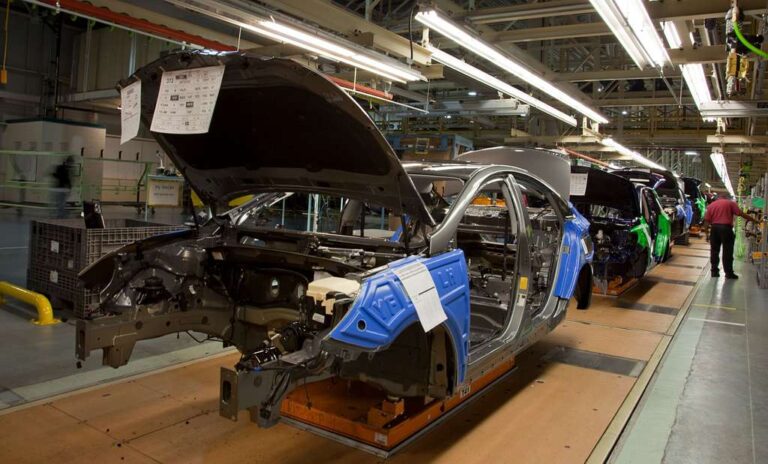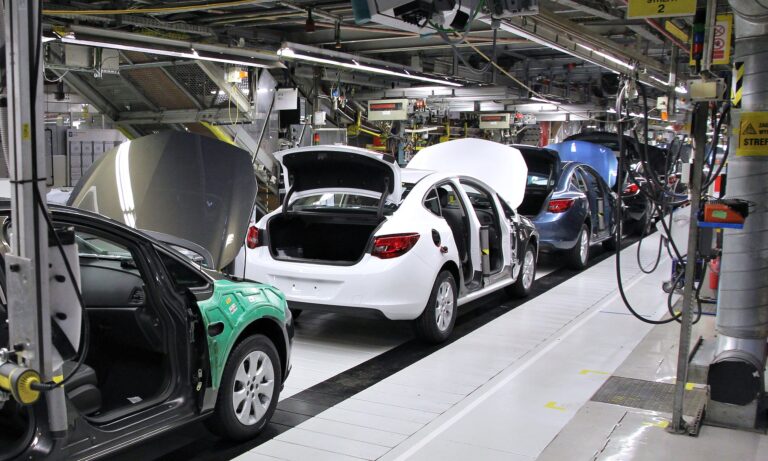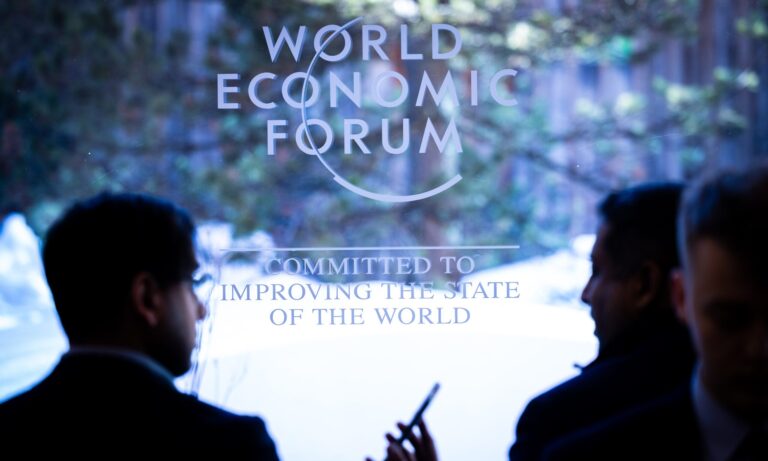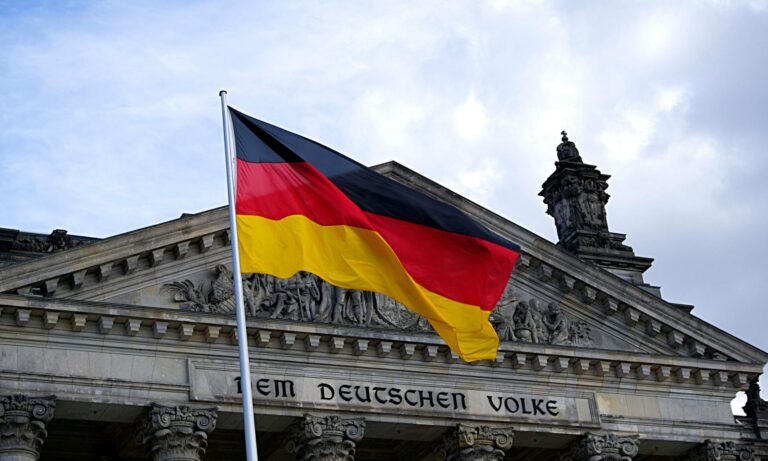#Germany
When the Assembly Line Goes Silent: Europe’s Automotive Heartland Under Threat
This article is based on the policy brief “Electric Shock: The Chinese Threat to Europe’s Industrial Heartland” by Jakub Jakóbowski and Janka Oertel, published by the European Council on Foreign Relations in May 2025.…
From Awareness to Action: The Evolving Landscape of Research Security in European Academia
This article is based on the research paper “From Awareness to Action: Research Security in Czech and European Academia” by Ivana Karásková and Dominika Remžová, published by the Association for International Affairs (AMO) in…
From Honeymoon to Hard Choices: Merz’s Coming Balancing Act
Amid a volatile global trade landscape and shifting alliances, Germany’s incoming Chancellor Friedrich Merz faces the urgent task of recalibrating Sino-German relations, transforming what was once a “honeymoon” into a high-stakes balancing act between…
European Auto Industry: Balancing Growth and Green Goals
In January 2025, the European Commission unveiled the Competitiveness Compass, the Clean Industrial Deal, and launched the Strategic Dialogue on the Future of the European Automotive Industry. These initiatives were followed in March 2025…
Germany’s Federal Election: Unpacking the Parties’ “Visions” for China Policy
Germany’s upcoming federal election could mark a turning point for the country’s political landscape. A change of chancellor and the formation of a new governing coalition appear likely. While the parties expected to enter…
Davos 2025: European Competitiveness in a Changing World
The annual meeting of the World Economic Forum (WEF), held in Davos, Switzerland, during the week of January 20, reaffirmed the onset of a new era characterized by geostrategic rivalry and the fragmentation of…
Dresden Foundry: The EU’s Bid for Tech Sovereignty
In August, the European Semiconductor Manufacturing Company (ESMC) – a joint venture between the Taiwan Semiconductor Manufacturing Company (TSMC), Bosch, Infineon and NXP – began constructing a €10 billion semiconductor plant in Dresden, Germany.…
Germany’s Economic Pivot to Southeast Asia: Do All Roads Lead to China after All?
While German diplomacy and businesses increasingly set their eyes on Southeast Asia, the allure of the Chinese market remains strong.
Germany’s China Strategy: Still in a World of Yesterday?
Big on principles and interests, the Strategy needs a dose of realism and focus more on capabilities in a rapidly changing world.
Germany’s New China Strategy: Following Brussels
For the first time, Germany has adopted a China strategy. The document focuses on risks and breaks with previous mercantilism. It largely follows EU leadership but falls short of new impulses. The German government…
Germany’s National Security Strategy and the China Challenge
After lacking clear guidelines for years, Berlin has clearly outlined its national interests and the means to protect and realize them.
Taiwan and Germany’s China Strategy
As Germany works on its new China strategy, there is a need to comprehensively define an
approach to ties with Taiwan as well.











